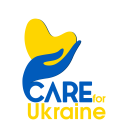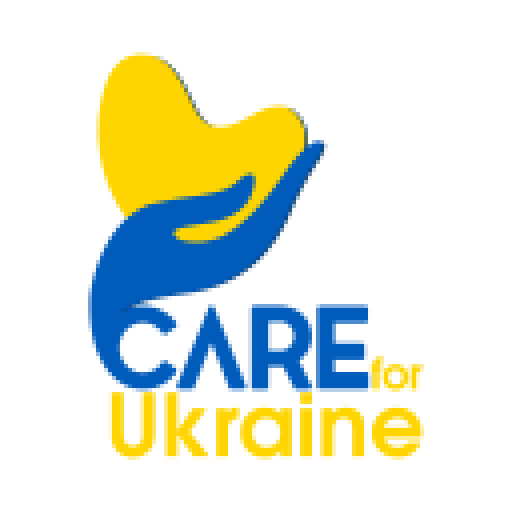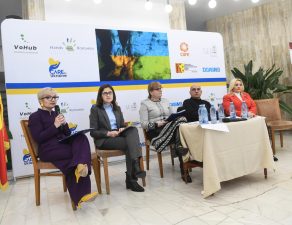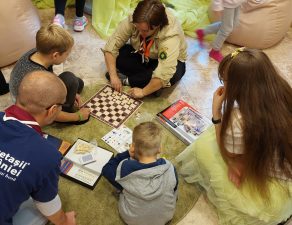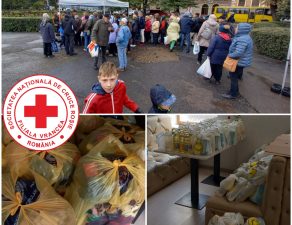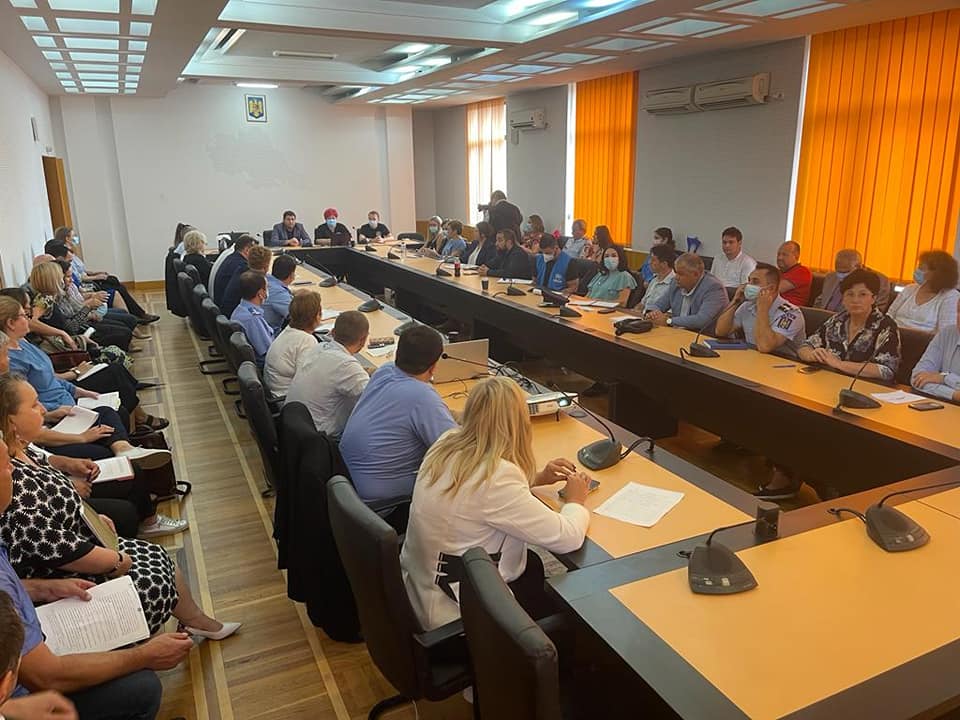
Inventory of resources and services available for refugees in Iași.
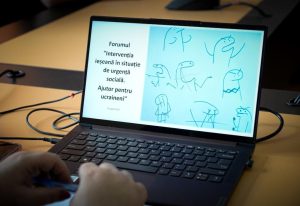 On 17 August 2022, almost six months since the start of the war, the “Iași Intervention in Social Emergencies. Help for Ukrainians” Forum took place and was attended by representatives of the authorities, NGOs, representatives of the Ukrainian community in Iași and potential employers.
On 17 August 2022, almost six months since the start of the war, the “Iași Intervention in Social Emergencies. Help for Ukrainians” Forum took place and was attended by representatives of the authorities, NGOs, representatives of the Ukrainian community in Iași and potential employers.
The objective was to pool experience and expertise and to take an inventory of the resources and services available to support refugees on their way to independence. Lessons learned and challenges of this stage were among the discussion topics, but also ways to continue with assistance programs by working closer together.
Five working groups will be set up with authorities and NGOs taking part on the 5 subjects identified as priorities following the talks with the Ukrainian community: Education, Healthcare, Information, Employment and Entrepreneurship, Housing.
Here are the conclusions of the inventory of resources and services currently available for refugees in Iași:
Housing and food:
Availability of housing has dropped, and Ukrainians are facing challenges in finding rental accommodation. They do not have a clear understanding of how the government rebate program works. Some landlords demand a deposit, a commission or rent in advance and this is an obstacle.
Ukrainians who need information about accommodation can call the Iași Coordination Committee for Emergency Situations, but Ukrainian or Russian speakers are not permanently available. Dopomoha.ro remains an important resource for accommodation information.
It was mentioned that very often the money offered by the government for meals through the rebate program fails to reach the people renting a place to live. Ukrainians are unaware of how and where to report such problems. The regulations on the meal amount rebate is vague and requires clarification on how the Ukrainians are supposed to take possession of the amounts and how irregularities can be reported. Social Assistance Department representatives said that any issues related to access to food can be reported to the City Hall.
At Nicolina Humanitarian and Social Assistance Center for Refugees 45,000 meals have been offered so far for the 1,200 refugees registered at the center backed by international funding.
Healthcare:
Ukrainians shared experiences when they were unable to access Ukrainian or Russian-speaking family doctors. Family doctors who have added Ukrainians to their patient lists are having troubles validating the cost of consultations and medicines as well as updating the patient record system.
Education:
Clarifications are needed from the Ministry of Education on the students who are in their final year and have not been able to take their exams, forming of classes taught in Ukrainian and the identification of Russian or Ukrainian speaking teachers.
24 Ukrainian parents who have settled in Iași are looking to enroll their children into kindergartens and would like to set up dedicated groups. 42 parents of school age children have found a list of Ukrainian-speaking teachers and would like to form classes to be taught in this language, following the Romanian curriculum.
Access to information and legal assistance:
Although information is available in Ukrainian translation, refugees find it hard to distinguish the official sources from others. Many entrepreneurs would like to relocate their businesses from Ukraine to Romania and accessing economic legislation proves difficult. The “Lawyers for Refugees” program offers legal advice and assistance by involving Russian-speaking lawyers. References can be found on the UNBR page.
Jobs:
Support is needed for Ukrainians both as potential employees and employers.
Ukrainians need information about the Romanian job market, salary level, contracts and other regulations, while the employers need to understand the nature of this vulnerable group made up of women with children in particular and therefore their specific needs.
The “Iași Intervention in Social Emergencies. Help for Ukrainians” Forum was organized by Iași Prefect’s Office and FONSS – Federation of Non-Governmental Organizations for Social Services.
